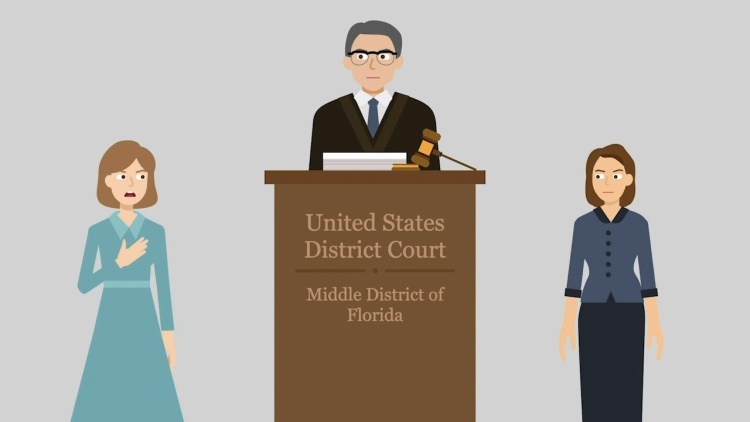School Board of Nassau County v. Arline
United States Supreme Court
480 U.S. 273 (1987)

- Written by Eric Cervone, LLM
Facts
Gene Arline (plaintiff) was an elementary school teacher. Arline suffered from tuberculosis. Arline experienced three separate relapses of her disease, each of which caused her to be hospitalized. After Arline’s third relapse, her school (defendant) suspended her with pay for the remainder of the school year. At the end of the school year, the school decided to discharge Arline. The facts made it clear that Arline was fired solely because of the continued reoccurrence of her tuberculosis. Arline argued that her illness qualified her as a handicapped person under federal law. Thus, Arline contended, she was protected from being fired because of her disease. The trial court held that Arline was not a handicapped individual under the definition of the law, and, even if she were handicapped, she was not qualified to teach elementary school. The appeals court reversed, holding that people with contagious diseases were within the coverage of the law, and that Arline fell within the protected category. The appeals court remanded the case to determine whether the risks of infection precluded Arline from otherwise being qualified for her job. The case was then presented to the Supreme Court of the United States.
Rule of Law
Issue
Holding and Reasoning (Brennan, J.)
What to do next…
Here's why 907,000 law students have relied on our case briefs:
- Written by law professors and practitioners, not other law students. 47,100 briefs, keyed to 996 casebooks. Top-notch customer support.
- The right amount of information, includes the facts, issues, rule of law, holding and reasoning, and any concurrences and dissents.
- Access in your classes, works on your mobile and tablet. Massive library of related video lessons and high quality multiple-choice questions.
- Easy to use, uniform format for every case brief. Written in plain English, not in legalese. Our briefs summarize and simplify; they don’t just repeat the court’s language.





